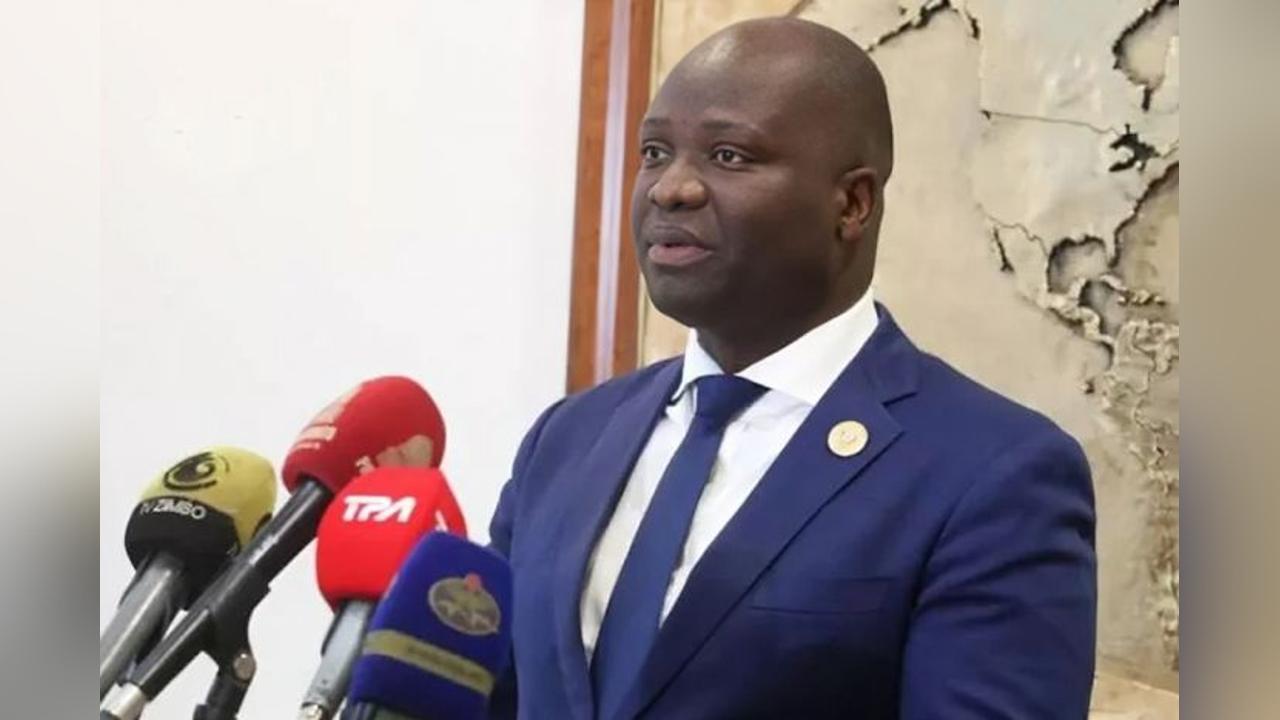Africa-Press – Angola. The Angolan National Assembly rejected, considering unfounded, accusations by UNITA about obstructing the oversight action of deputies, stating that they are based on a now revoked Regulation, which extended oversight powers to parliamentary groups.
In a statement to the press, the first secretary of the board, Manuel Dembo, said that the parliamentary group of the National Union for the Total Independence of Angola (UNITA) made “unfounded accusations against the institutional integrity of the National Assembly”, alleging that its president, Carolina Cerqueira, “had blocked 16 requests for parliamentary hearings to different ministers of the Angolan Executive”.
The Angolan parliament’s position comes after a press conference by the UNITA parliamentary group on Wednesday, in which it accused the president of the National Assembly of “obstructing the oversight action” of that body.
According to Manuel Dembo, UNITA claimed that “the exercise of the right to propose parliamentary hearings by deputies, through their parliamentary group, does not invalidate or prevent in any way the requested hearing from being organized and carried out by the Specialized Working Committees, in accordance with the law”.
The understanding of the UNITA parliamentary group is mistaken, according to Manuel Dembo, because it “confuses a competence that the current Regulation of the National Assembly grants only to the Specialized Working Committees and not to the parliamentary groups”.
The current Regulation, in its article 167, states that it is the responsibility of the Specialized Working Committees to hold parliamentary hearings, request information from the public administration, and travel to bodies and entities in relation to the matter, to verify compliance with the laws and resolutions of the National Assembly, under authorization from its president.
The rules, Manuel Dembo also said, dictate that only the Specialized Working Committees can request information from public administration bodies; hold parliamentary hearings; travel to any bodies and entities, and not parliamentary groups, highlighting that “any travel requires authorization from the president of the National Assembly”.
“Likewise, all inspection actions carried out by the Specialized Working Committees require prior coordination between the President of the National Assembly and the Executive, as provided for in paragraph 2 of article 167 of the Rules of Procedure of the National Assembly”, he stressed.
The National Assembly’s control and oversight powers are defined by the Constitution, regulated by the National Assembly’s Rules of Procedure, and “guided, among others, by the principle of separation and interdependence of functions between sovereign bodies, by the principle of civility and courtesy between deputies, government officials and other public leaders and managers, as well as by the principle of institutional cooperation”, highlighted the deputy.
Manuel Dembo stressed that this legislative body has carried out, through the Specialized Working Committees, hearings and visits to public institutions and provinces with the due authorization of the President of the National Assembly, actions that also take place “through the necessary articulation and coordination with the respective institutions” and “within the parameters of the Constitution and the Law, always safeguarding the public interest”.
At the press conference, the UNITA parliamentary group considered that the investigation into its deputies has a political orientation and aims to intimidate and coerce them in their oversight mission, referring to a visit made in April by five deputies from the party to observe the functioning of the Luanda Central Morgue and the Huambo General Hospital, which led to criticism from the National Assembly, accusing them of taking advantage of the “distress of the families” to film and disseminate images “that violate civility and the rules governing the exercise of the parliamentary function” with “undisclosed ends”.
For More News And Analysis About Angola Follow Africa-Press






